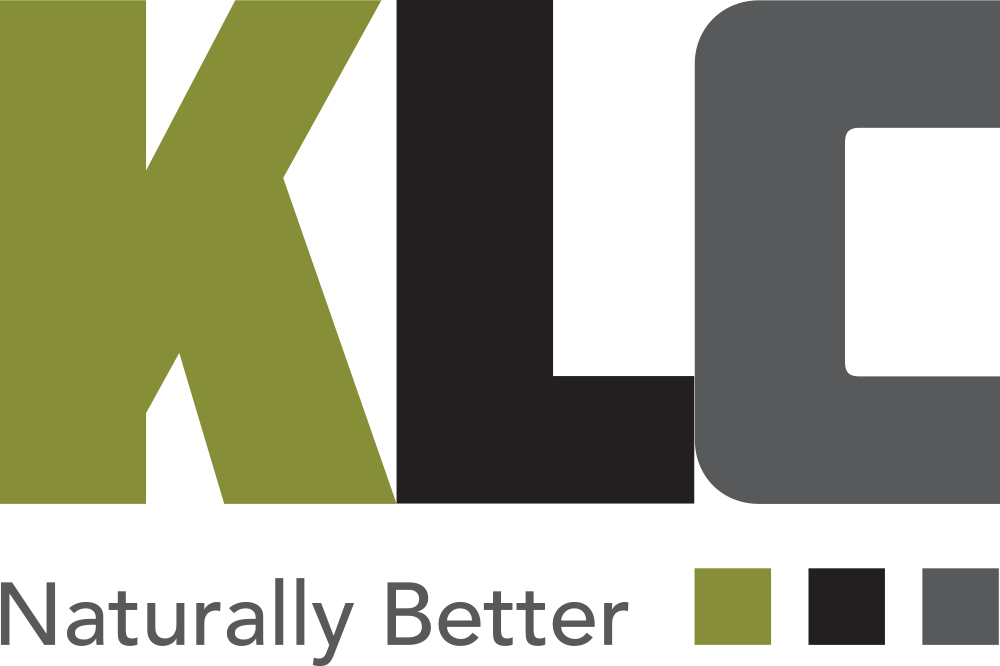Going Green and the PR Machine
March 11, 2019 at 3:32 PM
Greenwash – if you don’t know the term, it’s not to say you haven’t been a victim of the green PR spin.
As good world citizens, most of us have some level of commitment to sustainability and reducing our environmental impact. Unfortunately, this well-placed commitment can make us susceptible to the deceptive ‘green’ marketing machine - where a company packages its products or goods as environmentally friendly when they are not.
Companies want to be green – it looks good, it increases profitability – it is great marketing, when it is based on truth. However, the consequences of greenwashing can have the opposite effect of what we intend when we use environmentally friendly products – it can be bad for the environment.
The construction industry is not immune. When building a new home, the trend towards a more sustainable built environment is growing. Passive, small, healthy and ‘green’ homes are all on the rise. And there are many ways designers achieve this status – whether it’s through using recycled materials, eco-friendly products, solar power, sustainable materials or passive design principles.
One way to ensure the products being used on a build live up to their green status is through certification. There are many certifications that help consumers identify if a product is ‘green’. Some are more reputable than others. In fact, one source claimed there are more than 450 eco-labels worldwide.
In New Zealand we have several well-known eco-labels relevant to the construction and design sector, these include but are not limited to Green Star NZ, Energy Star and Environmental Choice New Zealand. These are all trusted and help inform better, healthier, more sustainable choices from builders, designers and their clients. They can also be of assistance when navigating through the myriad of product choices claiming to be better for the environment or healthier for the home.
A platform used by several high-profile companies, including Resene and Winstone, in New Zealand is Declare. A database that claims greater transparency, it allows designers to check the status of a product and whether it contains any red listed chemicals - encouraging better product selection.
One New Zealand company that is going the extra mile to get their product eco-labelled is KLC. One of New Zealand’s largest and most innovative timber treatment and re-manufacturing operations producing weatherboards, fascia and dressed boards, the company has introduced Koppers Performance Chemicals MicroPro® water-based treatment, which utilises micronised copper compounds, in its KLC Generation II® exterior cladding system. This helps ensure better environmental outcomes.
Koppers has recently been awarded a Global Green Tag certification for Micropro®. Global Green Tag is one of the world’s most robust, trusted and widely recognised ecolabels.
Chrissie Atkinson, KLC’s NZ Marketing Manager says it makes a difference to be able to stand by your product and know it’s better for the environment than some alternatives currently available.
“MicroPro copper-based treatment systems are recognised for delivering treatment efficacy in an environmentally sustainable way. Environmental sustainability is demonstrated in low leaching of preservative from the timber – this means it is a safer product to use, work with and live within. It is odour free, is not chromium or arsenic based, and is supported by Greenguard.
We have researched and worked hard to find an alternative wood treatment to meet the industry standard. This is an advanced product environmentally. In fact, that is one of the reasons we have endorsed a treatment specialist to speak at ADNZ’s upcoming national conference. We have been given an opportunity to enrich the knowledge of architects and designers on timber treatments and to show them an environmentally sustainable alternative,” says Chrissie.
Courtesy of Defign
